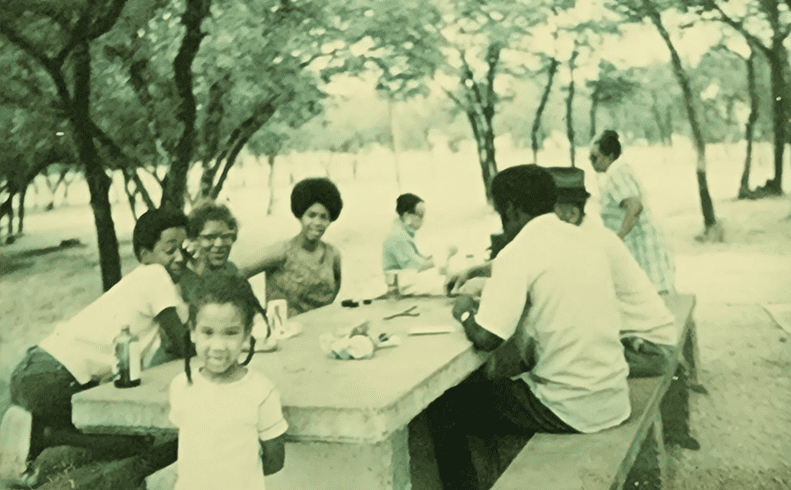
Reflections on Juneteenth
Juneteenth — also known as Freedom Day, Emancipation Day or Jubilee Day — is an annual holiday celebrated on June 19 in the United States. It commemorates the emancipation of enslaved African Americans in the Confederate States, and its announcement, two-and-a-half years later, in Texas. Texas was the last Confederate state to abolish slavery, though slavery was not ended in states that remained in the Union. The significance of Juneteenth lies in its historical and cultural importance, marking a pivotal moment in the nation’s history and the ongoing struggle for equality.
On June 19, 1865, Major General Gordon Granger arrived in Galveston, Texas, and issued General Order No. 3, which declared that all enslaved people in the state (more than 250,000) were free. This announcement came over two years after the Emancipation Proclamation was issued by President Abraham Lincoln. A year after the announcement, the first annual celebration was known as, “Jubilee Day”, and later this day became known as “Juneteenth” by the newly freed people in Texas. It became an official Texas State Holiday in 1980.
Juneteenth represents the moment when the news of emancipation reached the last enslaved individuals in the United States, symbolizing the end of chattel slavery in the nation. It holds great significance for African Americans as a day of remembrance, reflection, and celebration of their ancestors’ resilience and perseverance.
Institute Director of Inclusion and Community Partnerships, Alma Busby-Williams shares her father’s memories of Juneteenth and reflects on her own experience celebrating the day with family as a child.
“Each summer I spent the first week of June until mid-July in Temple, Texas. Both of my parents were born and raised there, and my siblings and I would stay with my maternal grandparents and great grandmother.
Juneteenth was such a special day, because my father would tell us that when he was small—it was the only time Black folks could use the white folks’ parks. It was always better than 4th of July because it was uniquely ours. It felt like a community family reunion, and there were celebrations everywhere.
I was so proud to have Texan roots, because there were so many people who had no idea about Juneteenth. My family always celebrated at one of the city or state parks, where we would barbecue and talk about the true meaning of Juneteenth.
The picture was taken in 1971, when I was 6 years old, in San Antonio, Texas.”
As Alma makes clear, Juneteenth is a day of cultural pride and unity. It has become a time to honor African American heritage, achievements, and contributions to American society.
Juneteenth also serves as a reminder of the ongoing struggle for racial justice and equality in the United States.

